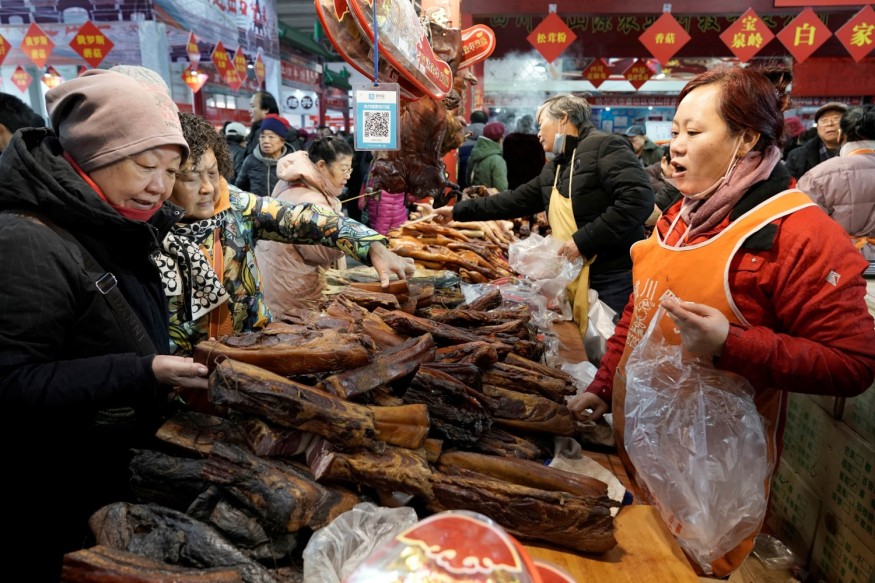
China issued a blanket ban at the wildlife exchange on Sunday, as the nation struggles to comprise a deadly virus deemed to have transmitted from animals to people.
Officials linked exotic animals sold at a seafood market in Wuhan to the new virus that killed at least 80 people and infected thousands of others in China.
The ban goes into effect straight away and could continue until the end of the "national epidemic." According to the orders backed by three government agencies, wildlife breeding centers will be quarantined. Regulations would strictly be enforced, too. The public had been warned not to eat wild meat products.
In a statement, the Ministry of Agriculture and Rural Affairs, and National Forestry and Grassland Administration said the consumers have to apprehend the health risks of ingesting wild animals fully. The agency added the public has been urged to eat healthy food.
Wuhan Virus
The flow follows a call from 19 leading scientists for the "elimination of the intake and exchange of wild animals," published at the Twitter-like platform Weibo on Friday.
The organization said various emerging infectious diseases have been related to animals in current years, including intense acute respiratory syndrome (Sars), H7N9 chicken flu, and Middle East respiration syndrome (MERS-CoV).
"Controlling or even putting off wild animal meals and its related change is not only necessary for ecological protection, but also of amazing importance in controlling risks to public health," the group said, adding that the hazard of ailment transmission grew with elevated contact among wild animals and people.
Links between wild meat and the Wuhan coronavirus have been suspected during the early days of the outbreak when the various initial patients with pneumonia-like symptoms were found to have labored or lived close to the town's Huanan Wholesale Seafood Market. The said marketplace was also closed on January 1.
The link between the virus and wild animals sold at a seafood market turned into showed on Wednesday with the aid of Gao Fu, director general of the Chinese Centre for Disease Control and Prevention.
The outbreak is almost similar with Sars in 2002-03, which was linked to civets sold at a wet marketplace in Guangdong province near Hong Kong.
Studies indicate that the Wuhan and Sars viruses proportion a not unusual ancestor - a betacoronavirus found in bats. However, that virus could not be transmitted to humans without an intermediary.
Researchers are still seeking to training session which animal is liable for the spread of the Wuhan coronavirus.
Last week, a study released with the aid of a collection of Chinese scientists cautioned that the virus may have made its first jump to a human from a snake, which, if correct, would be the first time a reptile become the host for this kind of pathogen.
Liu Yidan, a volunteer for animal rights group Let Migratory Birds Fly, said implementing existing licensing rules associated with the wildlife has long proved a challenge while the natural world ban ambitions to minimize similar infections from animal hosts.
Verifying and monitoring whether shops promoting exotic animals purportedly bred under license could be challenging, Liu said.
"Last year, we reported a farm in Huangshan in Anhui province where we saw loads of civet cats. Most of their legs were broken by using traps, and they have been saved in cages," she narrated.
The farm owner had a license to raise the species, which was related to the Sars outbreak, and insisted the operations have been legal.
But the main challenge was what would take place if officials reinstated the natural world change after the outbreak changed into over, leaving the door open for some other sickness, she stated.
Liu added the ban won't sole the problem for good if the prohibition is temporary.
© 2025 NatureWorldNews.com All rights reserved. Do not reproduce without permission.





